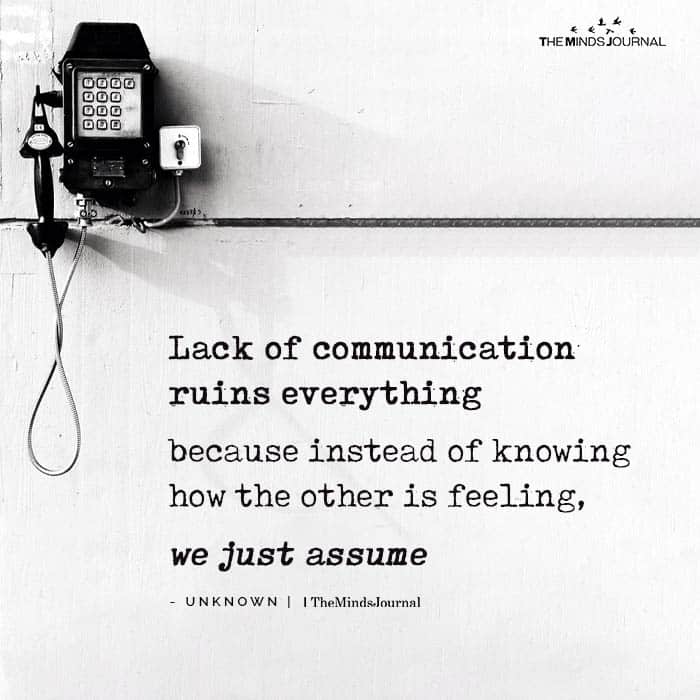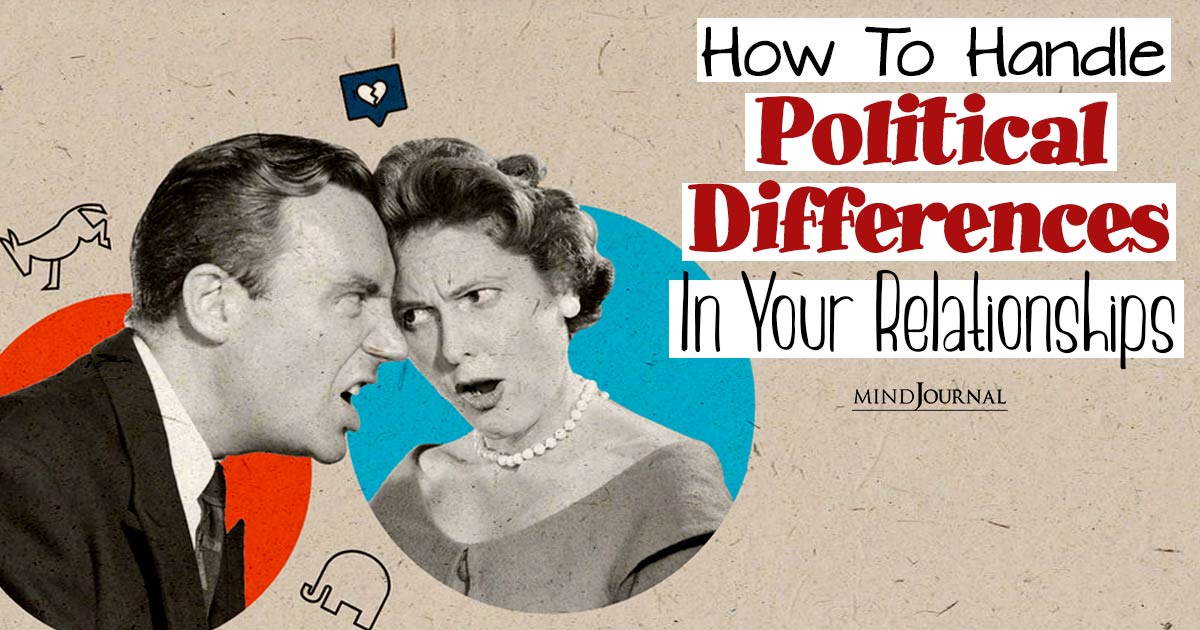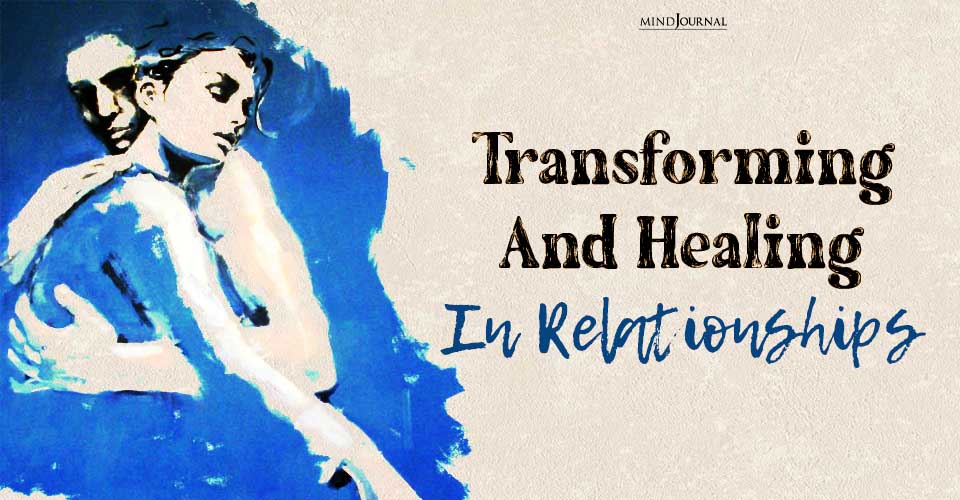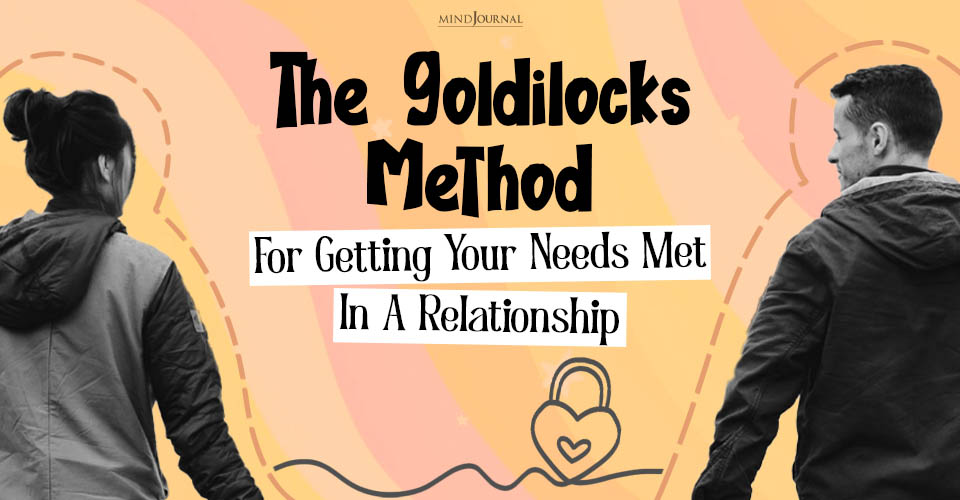Dealing with political differences in your relationships can feel like a slippery slope. So now the question is how to handle political differences in your relationships? This article is going to talk about the best way to handle political differences with someone you love, without alienating them.
We are tied to our beliefs, and the more opposition we run up against, often, the stronger these beliefs become.
How do you feel when someone implies that your political beliefs are “wrong?” If you’re like most people, it fuels the fire within you and you put on your fighting gloves, ready to strike the second you hear one more, “But…”
Dealing with political differences can be a challenge in relationships. The problem happens when we get into a gridlock and start trying to change our family member’s views or beliefs.
This effort is, 99.9 percent of the time, futile. It’s a human, and dangerous, response that when we see fighting gloves, we get ours out, too. No one wants to be caught in the ring unprepared.
Instead, it may be a good idea to avoid discussing politics with those family members with whom you know you see things differently.
Maybe there are other ways you can connect with this person, other things you can talk about, other things that you can love and appreciate about them. Still, sometimes, despite our best efforts to keep ourselves out of it, politics come up.
Related: 6 Ways To Improve Communication In A Relationship
The Best Way To Handle Political Differences In Your Relationships
If you find yourself in a conversation about politics with someone who has different views than you, here’s my advice: don’t try to change your family member’s political beliefs. We all have differences in the way we think, our priorities, and our ideas about what will work to make the country better.
Using techniques from Gottman Method Couples Therapy, you can show your interest and respect for your family member by asking questions about the “dream” behind their standpoint.
You may want to ask questions like:
“I’m curious about the life experiences you’ve had that have informed your belief—would you mind sharing?”
“I can see that this is something you feel passionately about, and I know that you want what is best for the country. Tell me about how you feel this would change society for the better.”
“What are you most worried about happening if this didn’t come true?”

By asking questions and being curious, rather than jumping to defensiveness (as can so quickly happen with political discussions), we convey respect and openness that has a greater likelihood of opening up space in the conversation to be heard ourselves.
By having such a dialogue, you might just find that you have more in common in your dreams, wants, and values than you think—just different ideas about how to make those dreams a reality and implement those values.
Maybe the problem is that rather than seeking to understand, we’ve all gotten out our boxing gloves. What would happen if we set them down, just for a little bit, and tried to really just see each other’s bare, human hands?
Related: How To Improve Communication Skills: 5 Proven Techniques
We would find bones and muscle covered with skin—some wrinkled, some taut, some calloused, and some soft. Maybe instead of forming fists, we could reach out to our neighbor to understand a little bit more about their wrinkles, their callouses; how our life experiences have shaped our hands, and our ideas about what to do with them.
Want to know more about dealing with political differences in your relationships? Check this video out below!
To book an online couples or individual therapy or coaching session with Dr. Tasha Seiter or a skilled therapist or coach on her team (from anywhere in the world), visit their website, call, or email: https://marriage-counseling-fort-collins.com/
(970)335-9190
[email protected] would love to work with you in relationship or individual coaching or therapy!
References:
www.Dr-Tasha.com
Written By Tasha Seiter Originally Appeared On Psychology Today










Leave a Reply